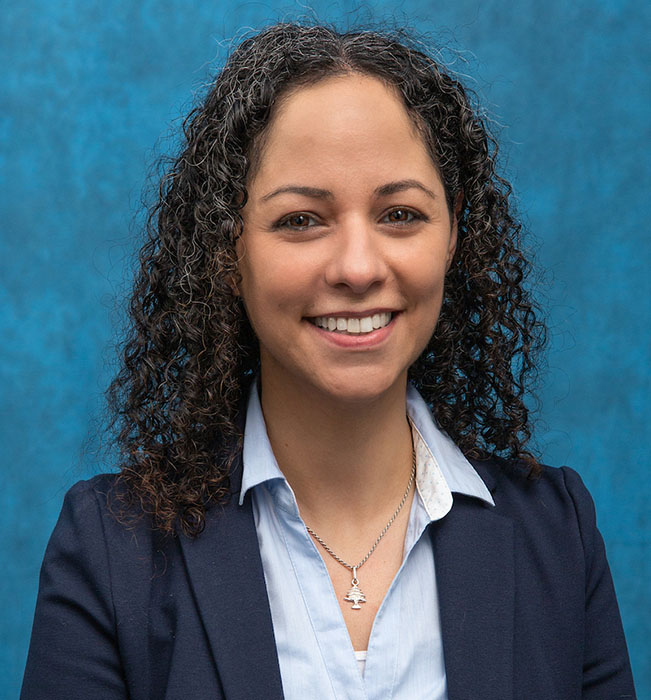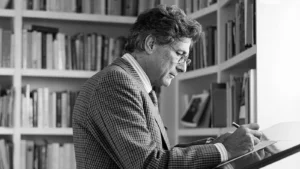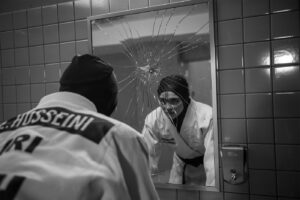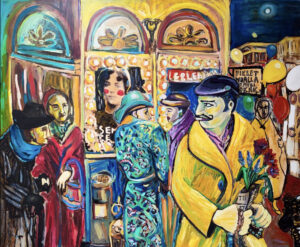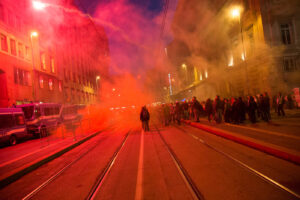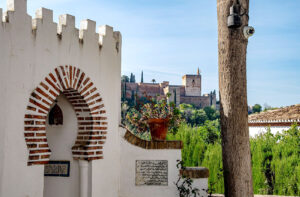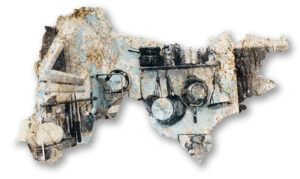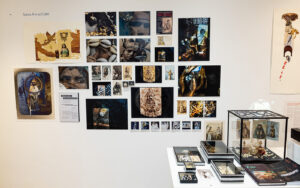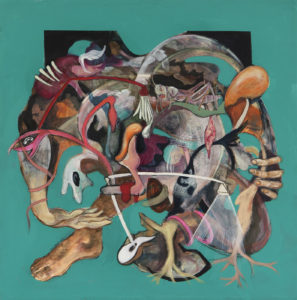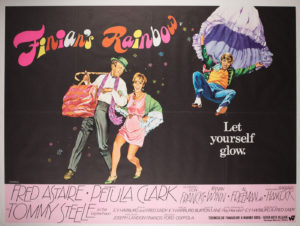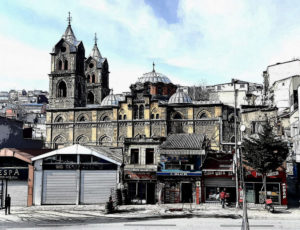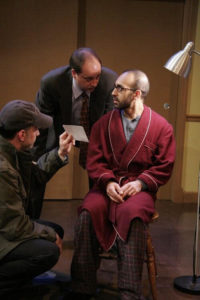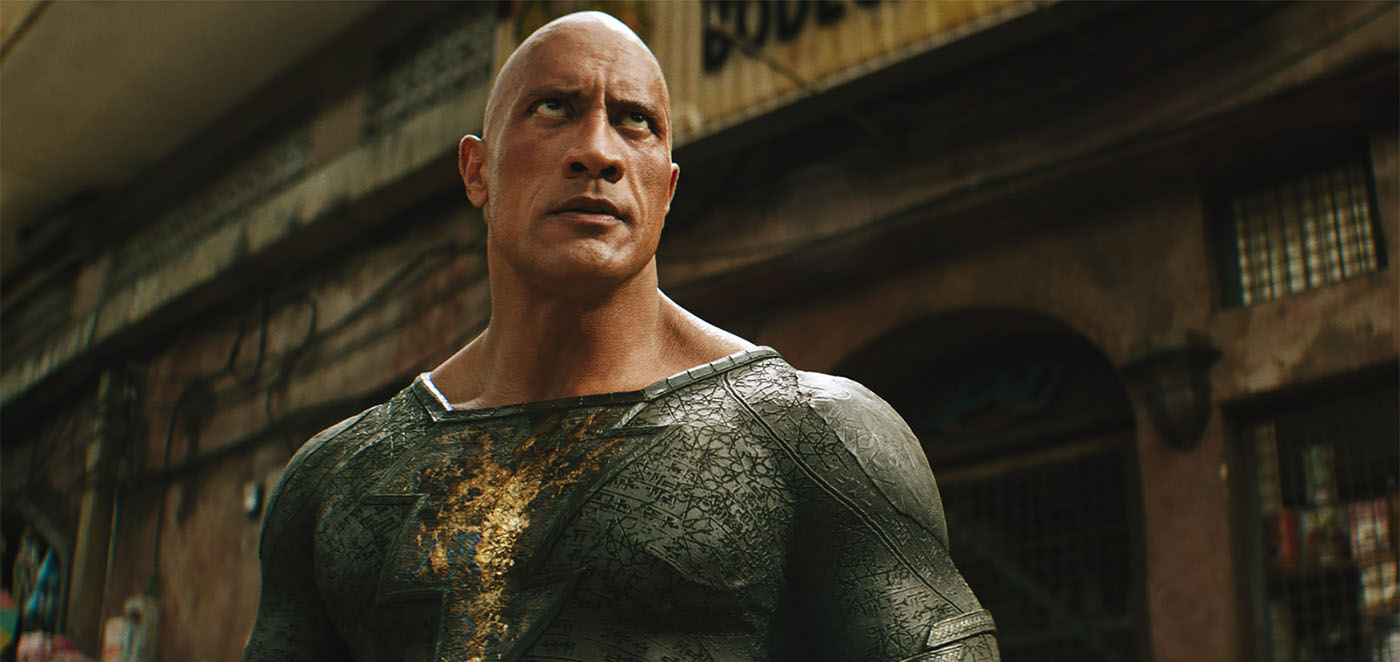
Mireille Rebeiz
In the fictional Middle Eastern country of Kahndaq, Teth Adam is celebrated as a hero. After the assassination of his wife and son, he received powers from the Council of Wizards. He defeated evil and freed his country from tyranny. However, and according to Kahndaqi legend, the Council quickly realized their mistake when they noted that Teth Adam could not control his rage nor his powers. As a punishment, he was imprisoned. Awakened by a professor, he returns 5,000 years later to a colonized and oppressed Kahndaq. Upon his return, he clashes with the Justice Society: Hawkman, Dr. Fate, Atom Smasher, and Cyclone.
Black Adam is an anti-hero. He does not stop to question the limits of justice, nor does he believe in arresting and prosecuting villains. He believes in revenge. An eye for an eye is his motto.
The superhero movie was released by Warner Bros. on October 21, 2022, and it is problematic on two fronts: first, it leaves us wondering why the leading role is not played by an Arab and/or Middle Eastern actor. Second, the narrative is riddled with stereotypes and orientalist images of Arabs and Middle Easterners generally.
The cast of the Justice Society is certainly diverse, despite not being necessarily faithful to the heroes’ representations in DC comics. There is much discussion on the ethnicity of Black Adam. According to the DC database, Black Adam was a slave in ancient Egypt. Kahndaq is a country similar to Egypt. It is safe to assume that Black Adam would be in today’s world either Arab or at least a Middle Easterner. It would be fair to say that he would not be a Pacific Islander like Dwayne Johnson, who plays the titular character.
When Moana came out in 2016, Johnson applauded Disney’s effort to celebrate Pacific Islanders’ culture, and yet he has no problem embodying another culture and another ethnicity. Perhaps after playing similar roles in The Scorpion King and The Mummy Returns, he enjoyed pretending to be one of us.
Additionally, like many American films, Black Adam is riddled with orientalist images that once again stereotype Arabs and Middle Easterners and present them as inferior. Black Adam is physically different than the people of Kahndaq. Compared to his male compatriots, he is bigger and bulkier. He is manly and as powerful as a god. In contrast, Karim — the professor’s brother played by the Palestinian American Mo Amer — is overweight. This fat stigmatization implies laziness and gluttony, and Karim is often seen as sedentary or sitting and eating while action is happening around him. Fat stigmatization is often coupled with humor in secondary roles to counterbalance the glory and seriousness of the main character. Karim is certainly comical.
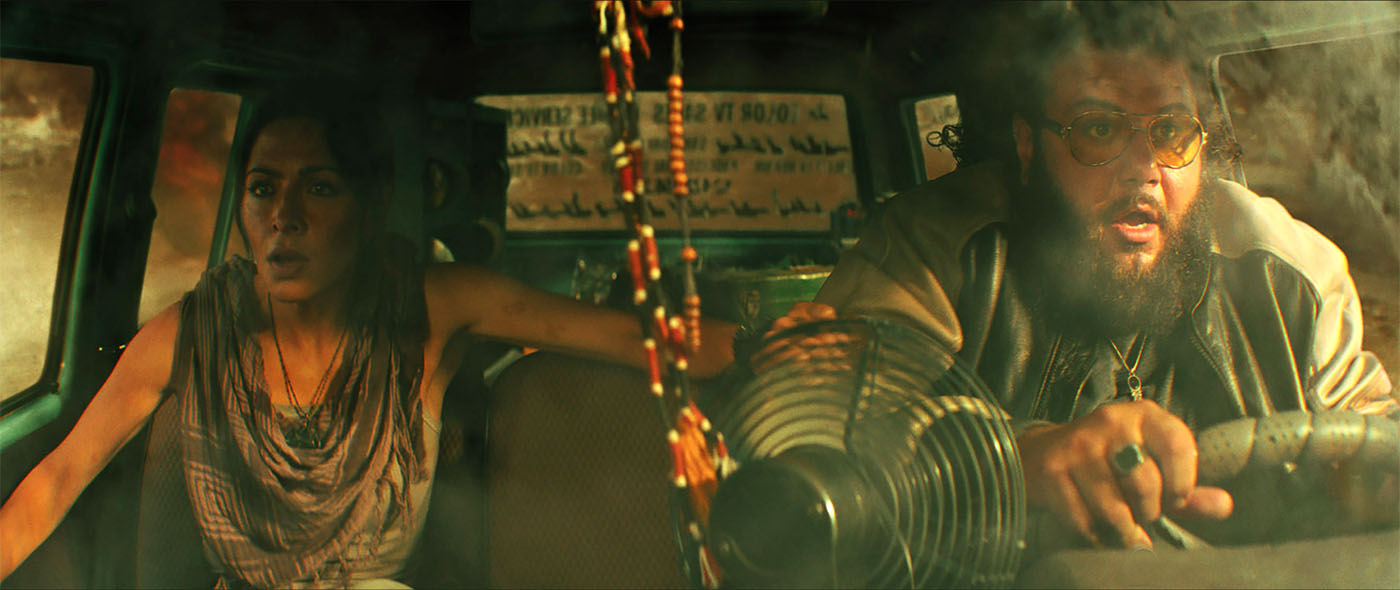
The villain, played by the Tunisian Dutch actor, Marwan Kenzari, also represents another stereotype: the dark Arab/Middle Easterner. Much like Jaffar in Aladdin (1992), he is sneaky with dark features and thick black curly hair. Finally, the professor, performed by the Iranian American actress Sarah Shahi, plays no active role in liberating her own people; she quickly shifts from the educated and courageous woman to embody the oppressed woman in need of saving by an outside force. Some folks may have appreciated her passionate anticolonial speech in the movie, which puts us in mind of the 2003 American invasion of Iraq. However, her glory is short lived and overshadowed with the arrival of the Justice Society and their clash with Black Adam.
In short, Arabs and Middle Easterners have the secondary roles of the buffoon, the villain, and the damsel in distress.
If one can ignore the difference in physical traits between Black Adam and the rest of his compatriots, claiming that as an anti-hero, he is bound to be different, one wonders about his accent. How is it that after 5,000 years of imprisonment, he speaks perfect English, and yet Karim speaks English with a heavy Arab/Middle Eastern accent?
Furthermore, the representation of Kahndaq as a dusty crumbling country is problematic; it matches the orientalist images of the Middle East in the eyes of western viewers. In 5,000 years, nothing has changed. Much like the contemporary views of the Middle East, the fictional country is unable to evolve, frozen in time, and continuously at war.
While some Arab and Middle Eastern viewers celebrate the crumbs we are given by the film industry and applaud the small roles and minor representations we are afforded on the big screen, some of us cannot but wonder about this systematic marginalization of our community. There is a big push against whitewashing in the film industry. However, what about minorities playing other minorities? Does this qualify as cultural appropriation? If so, where is the outcry when Arab and Middle Eastern characters are played by non-Arabs and Middle Easterners?
If there is no cultural appropriation, the message the film industry is sending is even more dangerous. It either means that any brown person can play any brown role, as if we are interchangeable, or that there is a hierarchy within the brown community, that somehow some are better than others. In Hollywood’s version of reality, Arabs and Middle Easterners would be at the bottom of the pyramid.



